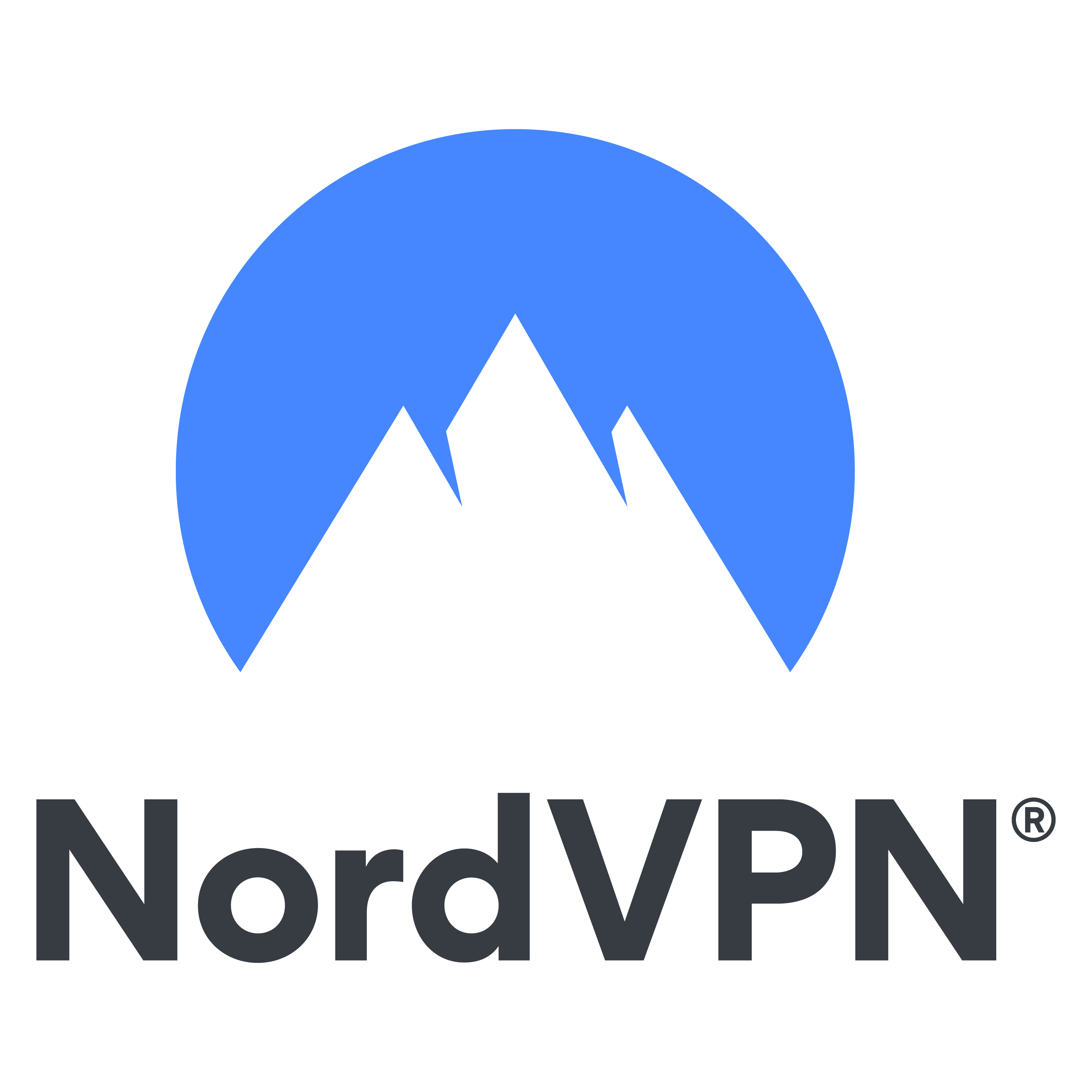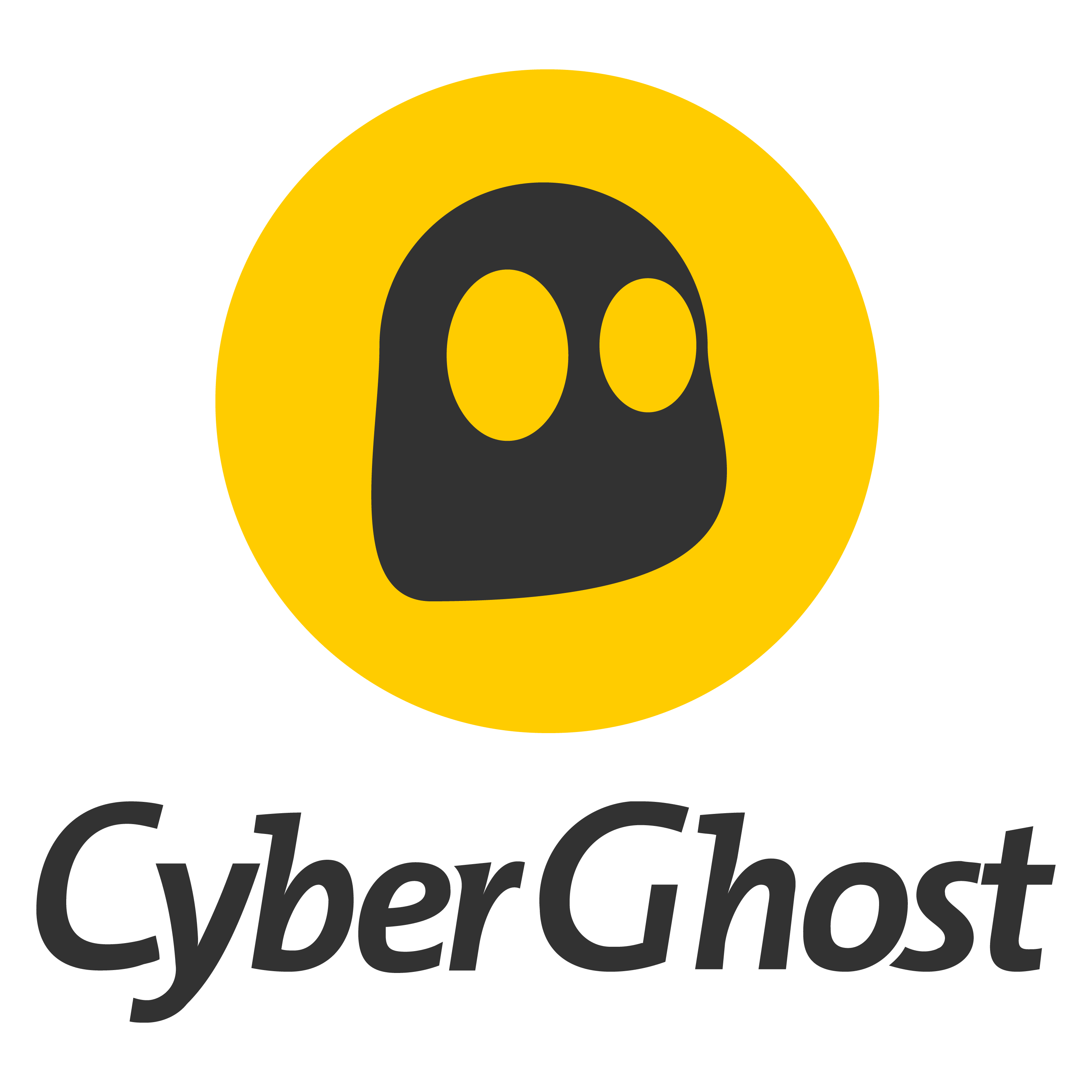Venezuela has been in a rough patch these past few years. Economic downturn and a regressive government have changed the country drastically, and the internet hasn’t gone unaffected. To stay in power, Venezuela’s government censors all type of content and sites, including:
- Political opposition
- Social media platforms
- Currency exchange websites
But a VPN can help citizens of Venezuela, and tourists, circumvent these bans. With a VPN you can access the internet through a server in another country and enjoy the web with more freedom. Surfshark is one of the best VPN-provider and it isn’t even that expensive.
Read more about censorship in Venezuela in the article below.
Since 2015, Venezuela has been in a “State of Exception and Economic Emergency” resulting in not only a humanitarian and economic crisis in the country but also a surge in media and internet censorship.
Venezuela’s current president, Nicolás Maduro, has taken advantage of the emergency powers granted to him by this state of emergency to pass laws without congressional approval. He is increasingly taking actions to censor the internet and significantly increase the online surveillance of Venezuelan citizens.
In response to repeated anti-government demonstrations, the ruling United Socialist Party of Venezuela has closed spaces for public discussions, clamped down on free speech, attacked and imprisoned online journalists, blocked access to websites, and passed laws that increased the government’s internet censorship powers.
A Descent Into Authoritarianism
Venezuela is a democratic country in title. However, the Venezuelan government has become increasingly authoritarian, leading to a deterioration in democratic freedoms, a lack of transparencies during elections and in government processes, and a systematic increase in violations of human rights.
The country itself is suffering a constant economic downturn, intensified by hyperinflation. This has led to repeated transportation crises, power outages, water and gas shortages, limited access to public services, and a housing crisis.
Where dissatisfaction with the government and the economic environment has boiled over into organized protests, the government has responded with force. This has already lead to hundreds of deaths during violent clashes with the police.
This increase in authoritarianism, coupled with violations of human and democratic rights and efforts to censor both the internet and traditional media, has led organizations such as Freedom House, Reporters without Borders and even the United Nations Human Rights Commission to condemn the Venezuelan government’s “censorship and blocking of information, both in traditional media and on the internet.”
Why Does Venezuela’s Government Censor the Internet?
The current state of the internet and journalistic censorship in Venezuela is politically motivated. The censorship help keep the government and President Maduro in power, despite political opposition and population uprisings.
Research conducted by human rights activist Mariengracia Chirinos, into public policies on internet access between 2007 and 2017 showed a distinct shift towards enacting political and social control through online censorship and surveillance that favors the United Socialist Party of Venezuela.
Internet censorship is focused on online journalism, with the government attempting to block access to websites or social media that cover anti-government protests, the endemic governmental corruption, criticisms of President Maduro or highlights the worsening economic conditions in Venezuela.
What Content Does the Government of Venezuela Censor?
As we’ve explained, Venezuela targets its censorship efforts at online journalism and political opposition. The focus is to keep Maduro in power. However, adjacent services and content have been blocked to achieve the major purpose, like a ban on using Zello, which could help protestors coordinate.
Independent online media
In response to their coverage of anti-government protests, the killing of protesters by the police, and suspected government corruption, multiple sources of information have reported at least three online news and information platforms, VPI TV, Vivo Play and Capitolio TV, have been blocked by Venezuelan Internet Service Providers (ISPs) on the order of the National Telecommunications Commission (CONATEL).
Since April 2018, El Pitazo, an independent news outlet run by Venezuelans, has had three of its domains blocked by the ISPs CANTV, Digitel, Movistar, Movilnet and Intercable. Since that time the independent news outlets La Patilla and El Nacional, and the investigative journalism site armando.info, have also been intermittently blocked by CANTV.
Political criticism
Access to several personal blogs that directly criticize the government, seek to highlight official brutality and corruption, and defend the human, political and civil rights of Venezuelans have been blocked by all four major Venezuelan ISPs.
Zello
During Venezuela’s 2014 protests, the access to the Zello app was blocked by Venezuelan ISPs for apparently enabling “terrorist acts.” The app itself uses cell phone networks to allow mobile phones to act as walkie-talkies, and has proved popular during political protests in Venezuela, Ukraine, and Russia.
Social media platforms
On June 28th, 2018, internet users from several cities in Venezuela reported they could not access several major social media platforms, including Facebook, Twitter, YouTube, and Periscope, for up to one hour. Testing by the Open Observatory of Network Interference (OONI) confirmed that both CANTV and Movistar were using Domain Name System (DNS) blocking to prevent access to the platforms.
Currency exchange
The Venezuela economy heavily depends on oil exports to support its social programmes and food subsidies. Because of a fall in the global price of oil, Venezuela is currently experiencing the worst economic crisis in the country’s history.
In order to stabilize its currency, the Bolivar, Venezuela has established a different internal exchange rate system, with the government controlling the price of basic goods to control the Bolivar’s rampant hyperinflation.
In order to enforce these new systems, the Venezuelan government has restricted access to U.S. dollars and has been banning access to over 100 currency exchange websites since 2013.
The Tor network
 The Tor network is often used by those seeking to circumvent censorship. By bouncing communications across a global network of relays, the Tor network can hide its users’ IP addresses for surveillance or, by using IP addresses allocated to different countries, allow them to access content that would otherwise be blocked by their local ISP.
The Tor network is often used by those seeking to circumvent censorship. By bouncing communications across a global network of relays, the Tor network can hide its users’ IP addresses for surveillance or, by using IP addresses allocated to different countries, allow them to access content that would otherwise be blocked by their local ISP.
Alongside other circumvention techniques and platforms, governments in several countries around the world, such as Iran and Turkey, take active steps to target and block Tor relays in order to make circumvention of censorship harder and expose users to their online surveillance methods.
Since 2018, the state-owned ISP CANTV has blocked access to the Tor anonymity network to prevent Venezuelan citizens from circumventing its censorship of news media and currency exchange websites.
How Does Venezuela Censor the Internet?
Most of Venezuela’s censorship efforts are conducted with the help of state-owned ISPs. Besides that collaboration, Venezuelan censorship also relies on DNS tampering, regulation to mandate censorship actions, and content manipulation.
Blocking and filtering
Venezuelan ISPs have blocked access to many currency exchange websites, independent news outlets, and blogs that discuss governmental corruption, express political criticism, or highlight human rights abuses.
This blocking is primarily done by DNS tampering, with ISPs diverting internet users away from their intended destination. Recent tests by OONI have also uncovered evidence of HTTP filtering, which might suggest a more thorough, multi-layered approach to content censorship or that different Venezuelan ISPs are adopting different forms of website blocking.
Regulation
![]() Although the Venezuelan Constitution guarantees freedom of expression, the current government has passed an increasing number of laws and regulations to clamp down on freedom of speech online.
Although the Venezuelan Constitution guarantees freedom of expression, the current government has passed an increasing number of laws and regulations to clamp down on freedom of speech online.
Key to this is the fact that the country remains in a “state of exception,” allowing the president to pass laws by decree, without congressional approval.
President Maduro has issued several decrees that include vague prohibitions against online activities and grant authorities sweeping powers to impose severe sanctions on individuals found guilty for nebulous crimes, including promoting anxiety among the population, altering public order, disregarding legal authorities, or promoting the violation of existing laws.
Content manipulation
In order to counter anti-government expression online, the Venezuelan government has expanded its digital influence, using state-controlled media and pro-government trolls to harass social media users with opposing views.
In March 2017, President Maduro announced that the government was planning to “win the war” on social media networks by producing pro-government content, developing communication strategies, and training so-called “digital militias” to increase counter-information and disseminate pro-government messages.
In May 2017, a leaked presentation from the Ministry for the Interior, Justice, and Peace showed that the government was creating strategies to inhibit Venezuelan users from debating on social networks. Since then, Venezuela’s troll factories have gotten bigger and bigger, even branching out overseas and influencing social discourse in the US.
Internet blackouts
Internet service failures across Venezuela are both common and can last for several hours before being repaired. Such internet blackouts are a particular issue in rural areas where official information from the majority state-owned ISP, CANTV, about the causes of the connection problems is unavailable.
Technical attacks
Human rights organizations in Venezuela report technical attacks are more and more common.
Most of the sites targeted by the cyber-attacks were digital media outlets who had shared footage of recent anti-government protests, such as El Cambur, Caraota Digital, Aporrea, El Pitazo and the newspaper Correo del Caroní. Human rights organizations, such as Provea and Acción Solidaria, were also targeted.
In the aftermath of the attack on their website, El Pitazo stated that a diagnosis by their digital security team indicated that the attack they suffered would have required expensive infrastructure, outside of the capabilities of an ordinary hacker, in order to have been successful.
How to Circumvent Venezuela’s Censorship Program
If you live in Venezuela, or plan to travel there, you can still enjoy a free internet. For that, you’ll need to use a VPN (Virtual Private Network) to hide your IP address. This will let you access blocked content and surf the web anonymously. To be 100% safe, you should also sign-up for a ProtonMail account, and use a pseudonym while online.
Are VPNs Legal in Venezuela?
 Despite recent crackdowns on internet freedoms and rights to free speech, there is no specific law forbidding the use of a VPN in Venezuela. This may change in the future, especially since the government of Venezuela owns most ISPs in the country. However, for now, using a VPN is legal in Venezuela.
Despite recent crackdowns on internet freedoms and rights to free speech, there is no specific law forbidding the use of a VPN in Venezuela. This may change in the future, especially since the government of Venezuela owns most ISPs in the country. However, for now, using a VPN is legal in Venezuela.
What are the Best VPNs to Use in Venezuela?
If you can’t afford the VPNs below, you can use a free VPN. However, they’re not as reliable, and your connection might be pretty slow. Besides, some free VPNs log your activity, so make sure you steer clear of those and only pick the best free VPNs.
And if you want the best experience, pick a VPN from the list below.
NordVPN
A market leader in providing excellent VPN services, NordVPN is headquartered in Panama, which means that they can provide you with online anonymity without being hindered by any laws or authorities that require insight into their user’s internet usage data.
In operation since 2008. NordVPN has been able to prove itself as a provider because of its reliable and speedy connection. So, if you want a VPN that takes your privacy very seriously and has been able to find a way to make the American Netflix work via VPN, then NordVPN is the service for you
- Excellent protection and a large network of servers
- Nice and pleasing application
- No logs
CyberGhost
CyberGhost is a good VPN, with a beautiful interface, and self-explanatory navigation. It’s one of the best options on the market, and it’s also one of the cheapest VPNs you can get. On top, they have a 45-day money-back guarantee, so you can try it without fearing that you won’t get your money’s worth.
- Very user-friendly
- High quality for a low price
- Torrents and Netflix possible
Surfshark
Surfshark is the cheapest VPN, available for as low as $2 a month, and it also has servers nearby Venezuela. That means it’s a fast option for people living in, or travelling to Venezuela. On top, Surfshark has a minimalist interface, and a 30-day money-back guarantee.
- Very user-friendly and works with Netflix and torrents
- 30-day money-back guarantee. No questions asked!
- Cheap with many extra options
In Conclusion
In response to the unrest generated by Venezuela’s depressed economy and the ensuing collapse of many of the country’s civil and democratic systems, the government of President Maduro has clamped down on freedom of speech, both online and offline.
Using the powers granted to him by the “State of Exception and Economic Emergency” the country has been in since 2015, Maduro and the ruling United Socialist Party of Venezuela have issued several decrees that have made it significantly easier to block or attack online media outlets that are considered to be anti-government.
Besides blocking and filtering, groups and services that do not tow the government line have suffered technical attacks and harassment from the “digital militias” established by the government.
While VPNs still represent the best way to access restricted content and avoid governmental surveillance while online, the blocking of the Tor network and recently blocks on social media platforms are a worrying indicator that the Venezuelan government may soon impose even harsher restrictions on the free use of the internet, aligning themselves with countries such as China and Iran.
Below you’ll find some frequently asked questions about censorship in Venezuela. Click on the question to show the answer.
Venezuela’s authoritarian government needs a strong hold on public discourse to stay in power. That’s why it censors the internet, to make sure political opposition can’t be heard. Find out more by reading our article on the topic.
Like in any other country, regional restrictions and censorship can be circumvented with the help of a VPN. A VPN (Virtual Private Network) will route your traffic through servers in other countries, making you anonymous. Just don’t forget to also use a pseudonym, and look at some additional ways to stay anonymous.
Vague regulation that can be interpreted to mean anything is at the heart of Venezuela’s censorship efforts. Besides that, Venezuela’s government also employs website takedowns, content manipulation, and internet blackouts to limit people’s access to the internet. You can find out more in our article about internet censorship in Venezuela.




